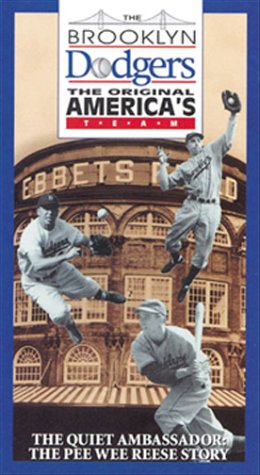
(2) They're good communicators, especially under pressure. It is often the catcher who calms his erratic or fading pitchers by calling for a quick conference on the mound. Knowing when to call the time out, and what to say during it, are really important skills. Corporate managers who know when to give their people an impromptu break, or who sense when something subtle is askew, are some of the most effective mentors.
(4) Their heads are always in the game because they're part of every play. They're alert and always vigilant.
But they, like most catchers, were adroit students of the game.
Managers - Think Like A Catcher!
Dr. Gary S. Goodman is a top trainer, conference and convention speaker, and sales, customer service, and negotiation consultant. A frequent expert commentator on radio and TV, he is also the best-selling author of 12 books, more than 1,000 articles and several popular audio and video programs. His seminars are sponsored internationally and he is a faculty member at more than 40 universities, including UC Berkeley and UCLA. Gary's sales, management and consulting experience is combined with impressive academic credentials: A Ph.D. from USC, an MBA from the Peter F. Drucker School of Management, and a J.D. degree from Loyola Law School, his clients include several Fortune 1000 companies.
It's easy to think of catchers as the samurai of baseball.
(1) They take total responsibility for the game, suggesting pitches to pitchers, those that are most calculated to retire hitters. They even position fielders, because they sense where the ball is most likely to be hit.
I don't know what my manager saw in me, but in Little League, he converted me from being an infielder to a catcher. Possibly, more than anything else, the training and experience I got, then and at higher levels of baseball, enabled me to become and effective corporate manager and independent consultant.
They don armor before going into combat and they withstand a pummeling by opponent after opponent, without expressing a hint of discomfort.
They strategize, incessantly, and with every pitch and nuance they detect, their game plans adjust.
Are you looking for the Best Practices in Negotiation™, in sales, customer service, or telemarketing training? Contact us.
Managers should emulate catchers, if only because catchers, as a general rule, become great managers.
So was Joe Torre, as I recall.
The man who took over for departing Yankee manager Joe Torre, Joe Girardi, was a catcher.
It may be too late for you to change your Little League position, but it's never too late to study catchers and the managers they become, and above all, to learn to think as they do.
In 2007, the two gentlemen voted Managers of the Year by Major League baseball, had been catchers in their playing days. They didn't post remarkable batting averages. In fact, their career averages were about .237, which isn't very good, at all.
(3) Constantly, they see the big picture. Only catchers can eyeball every other player on the field, simultaneously.
Why do catchers make such fine managers? Five reasons:
And they are constantly WATCHING, whether it is a slight change in the orientation of their pitcher's throwing arm or the warm-up swings of an unknown adversary in the on deck circle.
No comments:
Post a Comment